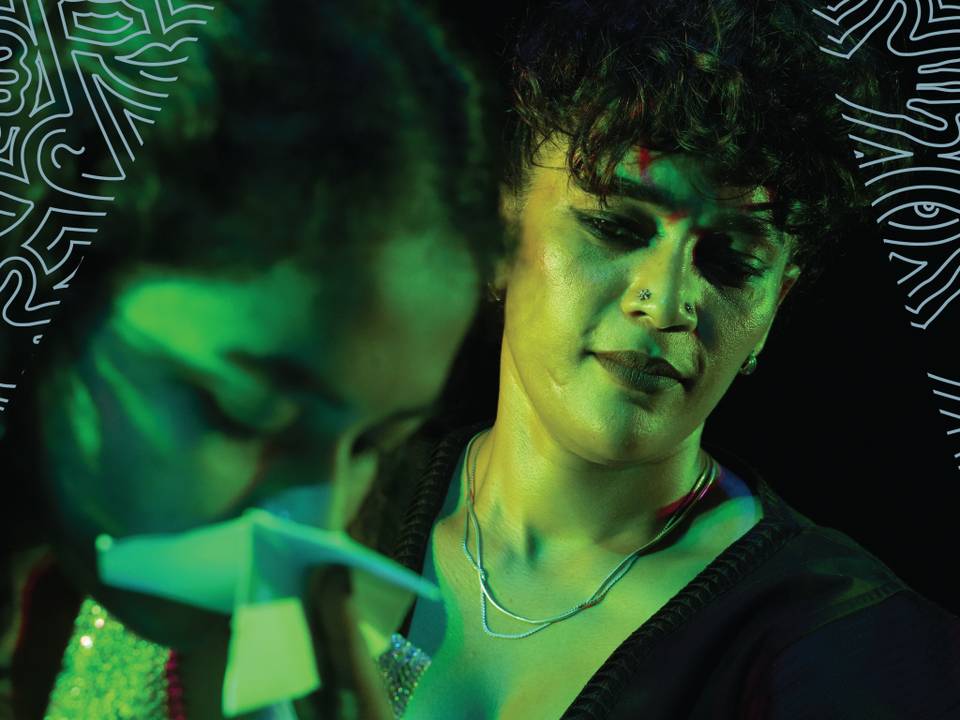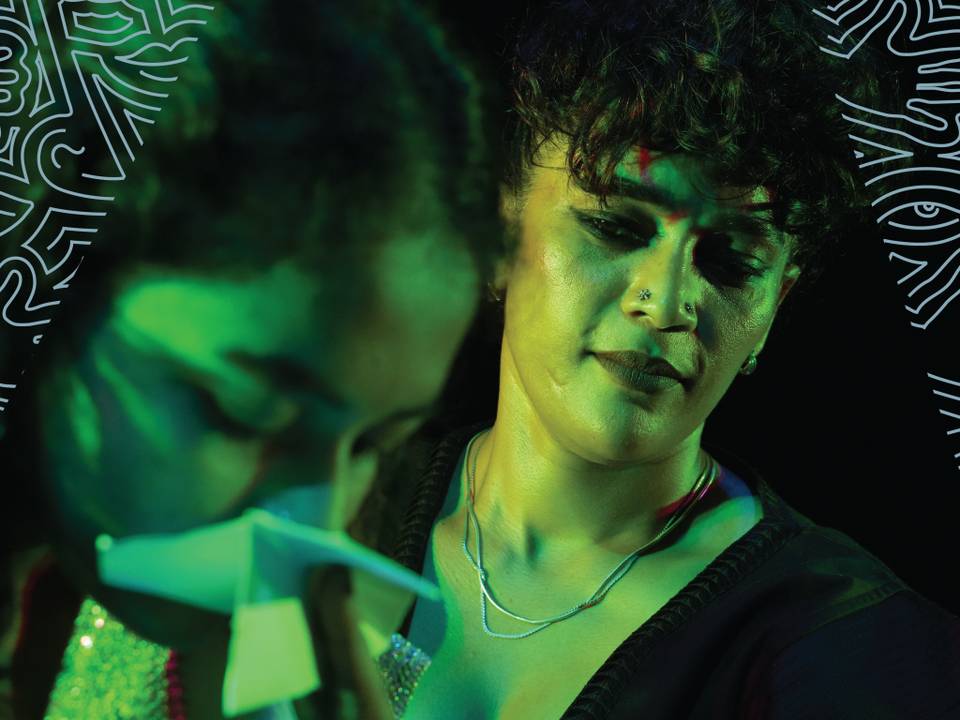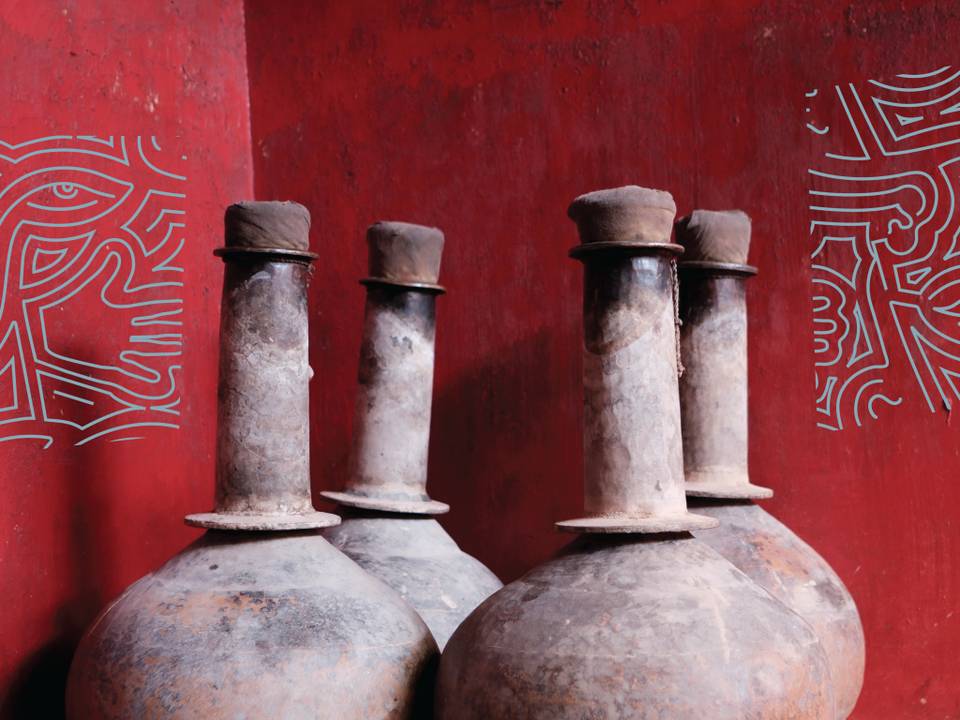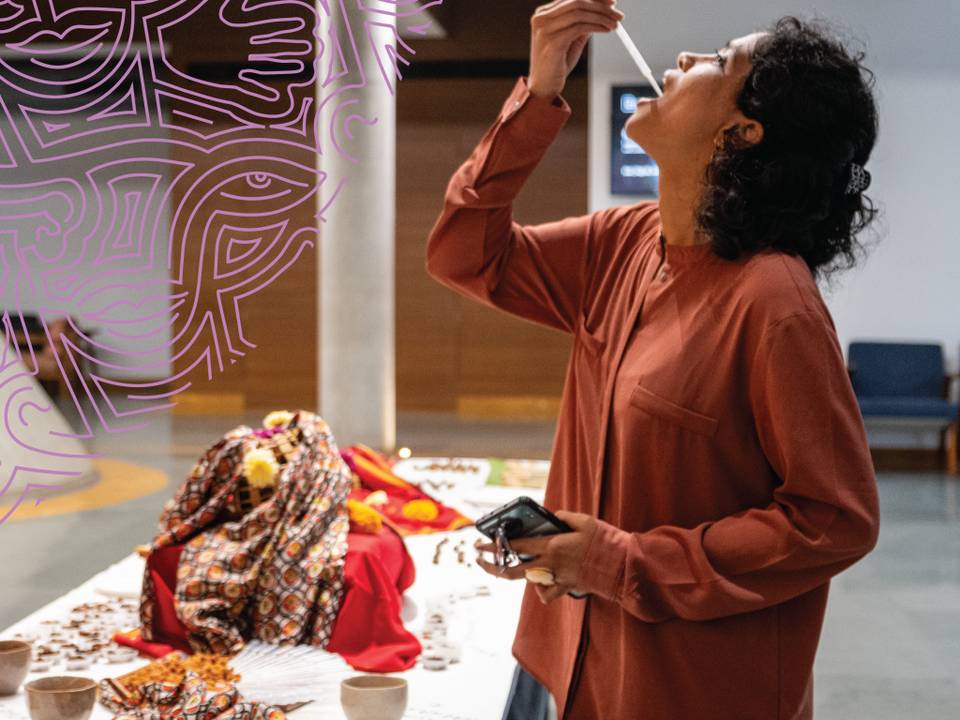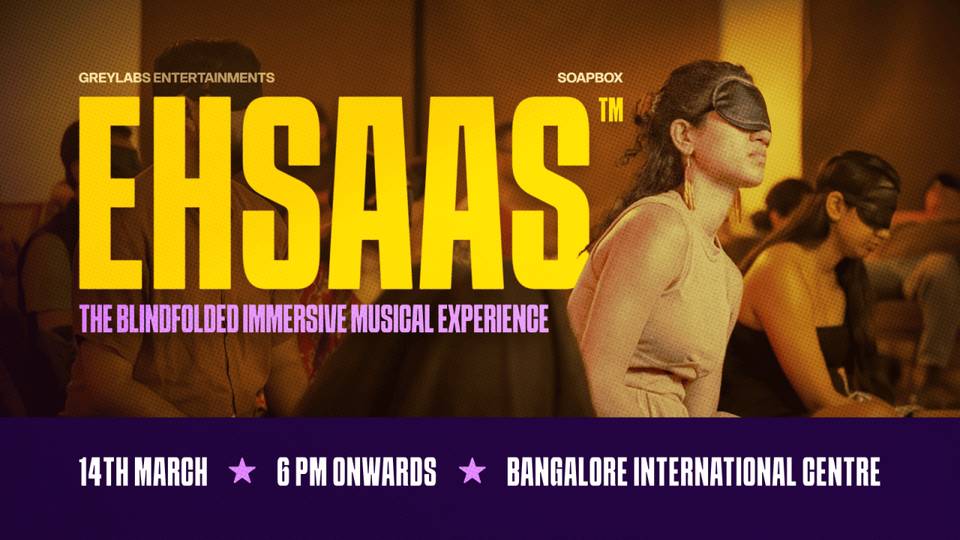Is Demography Destiny? - The US Presidential Elections 2024
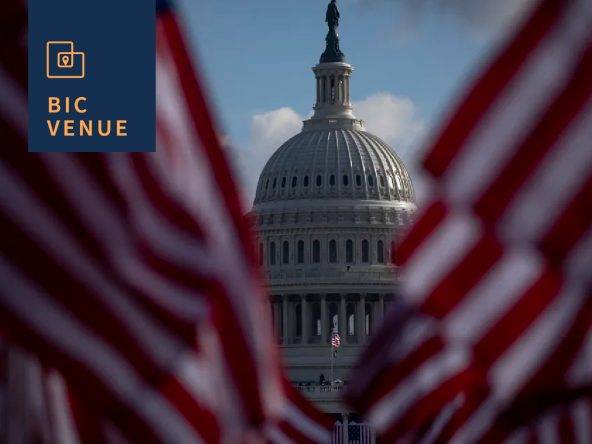
Details
Jun 19 2024 to Jun 19 2024 6:30 p.m.
EVENT HAS ENDED
Where
Bangalore International Centre
7 4th Main Rd, Stage 2, Domlur 560071
Event Description
In the context of contemporary US elections, many have claimed that “demography is destiny.” This kind of rhetoric became particularly popular among Democratic strategists after Barack Obama was elected in 2008. On this theory, Democrats will have a significant advantage in upcoming national, particularly presidential, elections, given the party’s widespread appeal among a multiracial and otherwise diverse coalition of voters. The Republican Party, in this view, has made a strategic miscalculation by relying too heavily on white (particularly white male) voters, especially since the Nixon years. In recent years, however, there is a growing sense among many observers that demography may not, after all, be destiny; that voting behavior may not neatly align along a white-nonwhite divide, with non-Hispanic white men voting for the Republican Party and the rest of the country voting Democrat. In this lecture, Prof. Cyril Ghosh will offer an overview of this debate, with some remarks about what we might expect to see in the 2024 US presidential elections. In so doing, he will discuss the demographic make-up of the voting blocs of each of the two major parties in the US, how they came to be, and how they are likely to vote in November 2024.
Speaker
Cyril Ghosh Associate Professor, Department of Political Science, Clark University
Cyril Ghosh is Associate Professor and Lloyd B. Politsch ’33 Chair of Law at Clark University. He is the author, among other things, of The Politics of the American Dream: Democratic Inclusion in Contemporary American Political Culture (Palgrave-Macmillan, 2013), De-Moralizing Gay Rights: Some Queer Remarks on LGBT+ Rights Politics in the US (Palgrave-Pivot, 2018), and Key Concepts in Political Theory: Citizenship (with Elizabeth F. Cohen; Polity, 2019). His research focuses on topics related to queer theory, public law and sexuality, citizenship, immigration, and the American dream as ideology.

